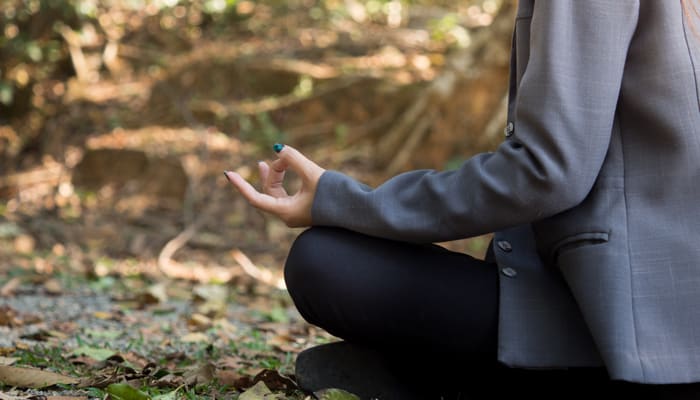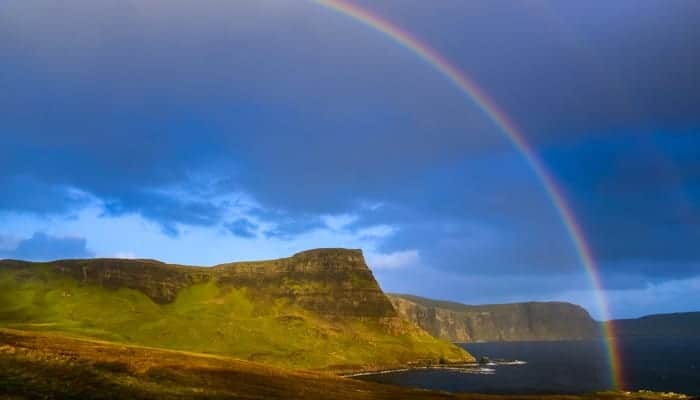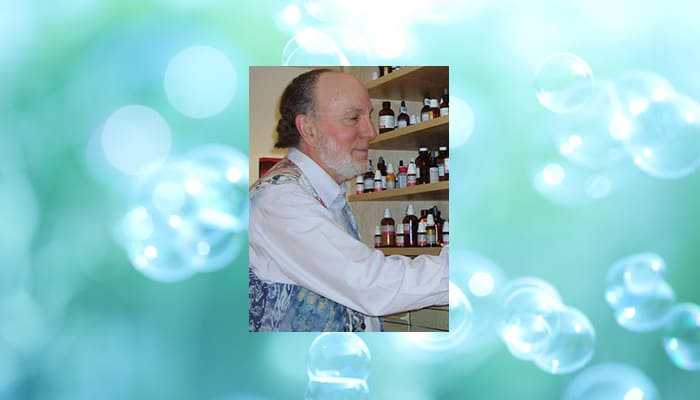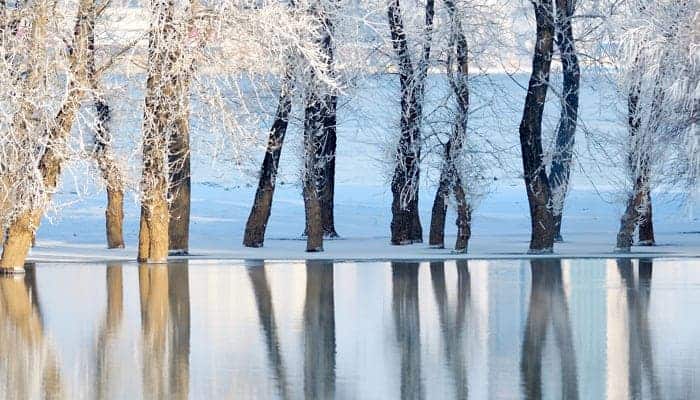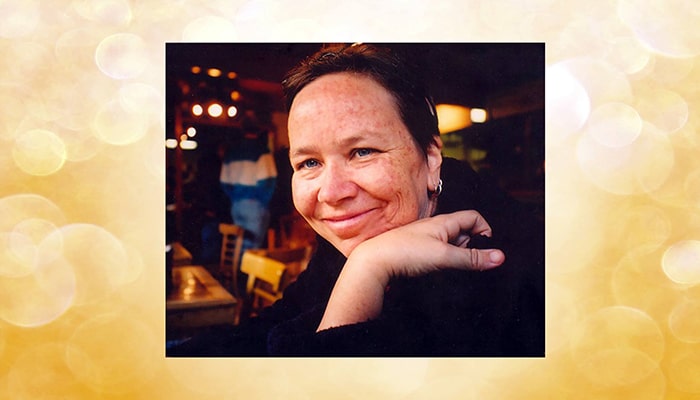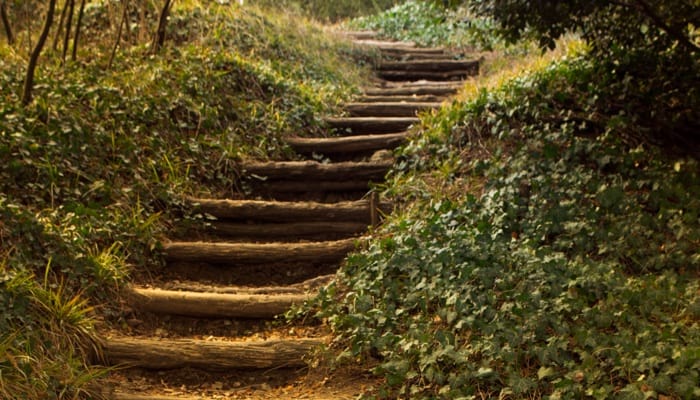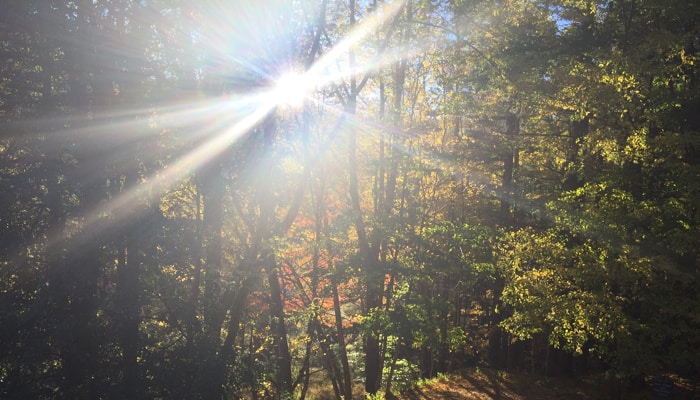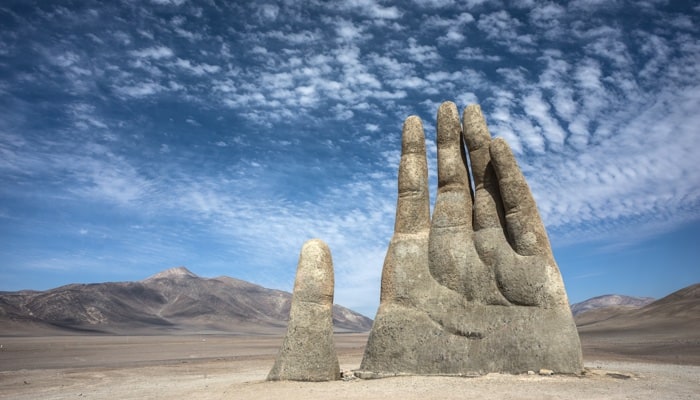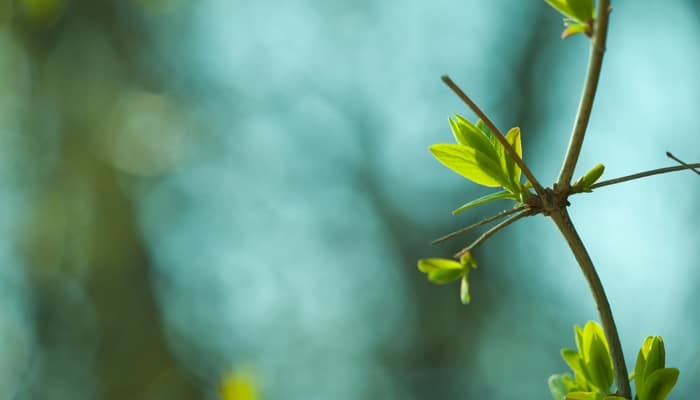Category: Blog
Blog: Mindful Leadership Part 2: Finding the Leader Within
An Interview with Hal Adler
Editors’ note: Hal Adler is a certified Depth Hypnosis Practitioner and Executive Coach. His daylong workshop on Mindful Leadership will be at the Sacred Stream Center on February 3. In this second installment of a two-part post on Mindful Leadership, we talk to Hal a bit more about his coaching work and the upcoming course.
Blog: Mindful Leadership Part 1: Leading with Intention
By Hal Adler
Editor’s note: Hal Adler is a certified Depth Hypnosis Practitioner and Executive Coach. His daylong workshop on Mindful Leadership will be at the Sacred Stream Center on February 3. In this first installment of a two-part post on Mindful Leadership, Hal addresses the relevance of the self-transformation models of Depth Hypnosis and Applied Shamanic practice to people who lead others.
When people decide they want to grow and develop themselves in their careers, the skills they usually start building first tend to be externally focused. People might want to be hirable in new ways or in new industries, and they also may want to help more and be of service more. Eventually, what people come up against isn’t the challenge of the work they are doing but the challenge of themselves:
Blog: A New Year’s Resolution: Manifesting a Life You’ll Love
By Isa Gucciardi, Ph.D.
One of the biggest hurdles in manifesting what you want in your life is creating clear intentions. When it comes to setting goals, many people have a conscious yes operating along with an unconscious no. I often find this to be true of people who say they want to be in a relationship, but cannot seem to manifest one. These people spend lots of time and money on self-help books, dating services, even therapy, but still find themselves alone.
Blog: Why Homeopathy?
By Corey Weinstein, MD
Editors’ note: This guest post is by Corey Weinstein, MD, a recently retired physician and leading practitioner of homeopathy in the SF Bay Area with 42 years of homeopathic medical practice. Corey will be teaching Homeopathy in the Home, a course on how to use homeopathic remedies effectively and safely for common conditions, on February 7. The course will be offered in-person in San Francisco and as a live conference call. Following is his account of how he was drawn to the field of homeopathy.
I began to study homeopathy because of love. In 1970 I had just finished by internship at San Francisco General Hospital, where I had helped organize a free medical clinic for poor people in the neighborhood.
Blog: Lori Nairne and Homeopathy Part 2: Teachings
By Isa Gucciardi, Ph.D.
Sacred Stream Board Member and instructor, Lori Nairne, who died last summer, has been in our hearts and on our minds since. Lori was our physician and teacher and as a tribute to her, I would like to share some of her teachings, and also, some teachings from one of the important influences in her life, Samuel Hahnemann.
Hahnemann was trained as a physician in Germany and Austria in the late 1700s, but he abandoned his practice because he thought many of the medical practices of his day (like bloodletting) did not actually help people.
Blog: Winter Solstice: A Long Winter’s Night
By Laura Chandler
The winter solstice occurs on the day of the year when the earth’s axial tilt is farthest from the sun. Simply put, it is the shortest day of the year. It marks that point in time when the shortening of days changes and then begin to lengthen until the Summer Solstice, June 21st, when they shorten again, like the waxing and waning of the moon. Most westerners are not aware of this phenomenon of the sun. In fact, we are rarely attuned to the rhythm of the sky. Instead, we are focused on the gathering speed brought by the holidays.
Blog: Lori Nairne and Homeopathy Part 1: In Memoriam
By Isa Gucciardi, Ph.D.
Lori Nairne, a homeopath, emergency room nurse, social justice activist, and adjunct instructor at Sacred Stream, was beloved by many in the community. She passed away in late August. In the falling light of an early November evening, many of Lori Nairne’s friends, students and colleagues gathered at the Sacred Stream Center to honor the life of a remarkable and wonderful person. The following is an excerpt from the homily I offered about her life, work and influence on those around her.
Blog: Finding Your Spiritual Path Part 4: Intention and Motivation
By Isa Gucciardi, Ph.D.
After we realize that our trust has been betrayed, we may be thrown into a state of crisis. One of the gifts that can emerge from this experience, as we touched on in a previous post, is the opportunity to re-examine — or perhaps to discover for the first time — our intention, in the first place, in placing our faith in the person or organization that betrayed us.
Blog: Finding Your Spiritual Path Part 3: Personal Responsibility
By Isa Gucciardi, Ph.D.
In the last blog post in this series, I had mentioned how important it is not to rush to forgiveness in response to betrayal. Generally speaking, when we have been wronged or betrayed we have a lot of internal experience that we need to explore before we can even think about forgiving another person. Therefore it is important not to be rushed by anyone to forgive until you fully understand what work you have to do to get to the place where you can forgive truly and cleanly.
I also talked about how people who have been disillusioned by authorities that they placed trust in often experience an internal process of blame. This can look like self-questioning such as, “Why did I ever trust that person in the first place?” Or, “What did I do wrong to deserve this?” These are not helpful questions to dwell upon, because by their very nature, they imply a sense of self-blame.
Blog: Weaving Worlds at Menla
By Isa Gucciardi, Ph.D.
The wind at Menla arises in its own particular way at any time of the year. But in the fall something very special happens when you least expect it. By October, the leaves have begun to change. The sumac is brilliant scarlet, the ash trees are a deep vermillion and the catalpa trees are inexplicably brighter green than they were all summer. In the midst of all these hues, the wind arises.
Blog: Finding your Spiritual Path Part 2: Forgiveness, Blame, and Shame
By Isa Gucciardi, Ph.D.
My previous post began to address the spiritual crisis that many people experience when a spiritual or religious leader has harmed people and broken their trust. Those who don’t abandon their spiritual paths entirely are faced with the challenge of trying to incorporate the experience of betrayal into the way that they hold their faith or their trust. One challenge people face in this situation is that the spiritual authorities that harmed others are not always willing to take responsibility for their actions. They feel they cannot move on until the issue is resolved through those who have generated the betrayal taking responsibility and asking for forgiveness. Fortunately, even when spiritual authorities refuse to take responsibility, it is possible for the spiritual seeker to engage in an internal process of forgiveness.
Blog: Finding Your Spiritual Path Part 1: Understanding Betrayal
By Isa Gucciardi, Ph.D.
Since the movie Spotlight came out in 2015, more and more people have come to our classes at the Sacred Stream looking for a different path to spiritual understanding. Spotlight is about the efforts of a group of journalists from The Boston Globe who were directed by their editor, Marty Baron, to investigate accusations against John Geoghan, a Catholic priest who had been accused of molesting young boys in different parishes during his long tenure as a spiritual leader in the Catholic community. The movie focused not only on these distressing events but also on the way the Roman Catholic Church tried to keep the truth of these events from the public. The investigation revealed a massive cover-up at the highest levels of the Church of the effect of Geoghan’s actions, and pointed to similar occurrences and cover-ups over the course of many years by the Church.
Because Sacred Stream has long been known for its non-dogmatic, inclusive approach to the world of spirit, it has been a safe place for people to explore their difficulty in incorporating these events within the context of their faith.
Blog: The Shamanic Journey: Companions on the Path
By Isa Gucciardi, Ph.D.
I have often been asked why, after having studied so many spiritual traditions, I have found shamanic practice to be one of the spiritual paths that is so helpful. For me, as for many people I have spoken with, it is a joy to find a path that leads directly into the heart of nature and provides a vehicle for establishing a nourishing and dynamic relationship with it. The shamanic journey opens a world of possibility to understand the intelligence of the natural world better. In his book Animal Speak, Ted Andrews describes the way these possibilities opened for him. And in their book Awakening to the Spirit World, Sandra Ingerman and Hank Wesselman describe the way the world of the unseen aspects of nature emerges through shamanic practice.
But there is another aspect of shamanic practice that can be profoundly meaningful: the relationship that develops between the journeyer and the guides — the aspects of nature that emerge from the processes of the journey to offer teaching, guidance, and wisdom.
Blog: Buddhism in Action Part 2: A Depth Hypnosis Case Study
By Isa Gucciardi, Ph.D.
Most of us are very attached to having what we want happen and preventing what we don’t want from happening. But when we try to create a life in this way, we develop misconceptions about ourselves and the people and world around us. In the Depth Hypnosis method, when considering the issue a client presents and their emotional history, practitioners draw upon this Buddhist idea that we suffer when we are unaware of the way our attachments and aversions drive our behavior, or when we have misconceptions about what our life presents to us and about what that might mean for us.
Blog: Buddhism in Action Part 1: Depth Hypnosis and Buddha Nature
By Isa Gucciardi, Ph.D.
Depth Hypnosis is a spiritual counseling model that integrates many principles from Buddhist thought and practice with hypnotherapy, earth-based methods of healing, and transpersonal psychology. The Depth Hypnosis methodology rests upon the understanding that all imbalance is simply information about the way the person has twisted away from their essential nature, or what is known in Buddhism as Buddha Nature. And this is true whether the imbalance arises on a physical level as an autoimmune problem, on an emotional level as a depression, on a mental level as an anxiety or on a spiritual level in something like a “dark night of the soul.”

